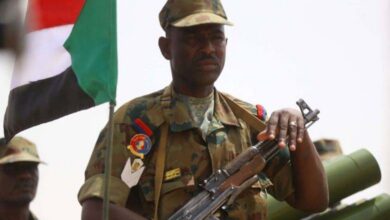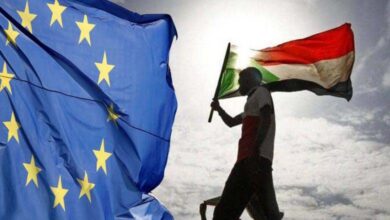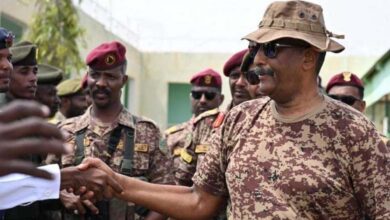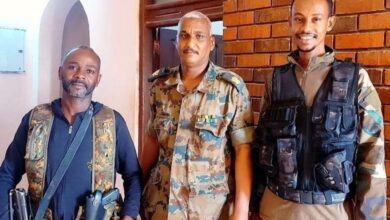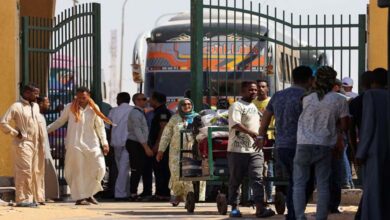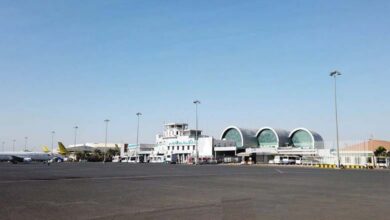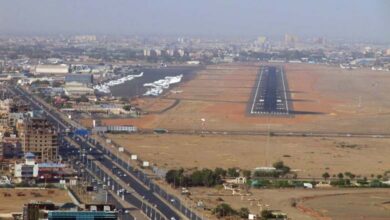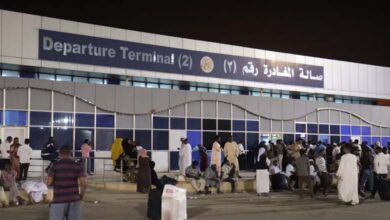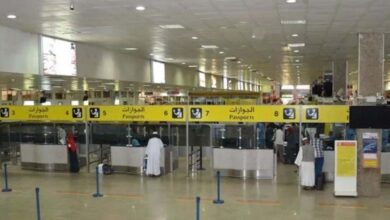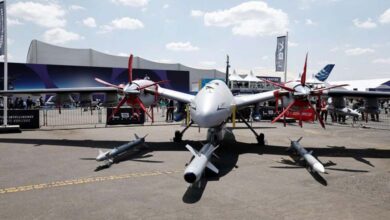Political and Civil Positions in the Sudanese Conflict: Analysis and Evaluation
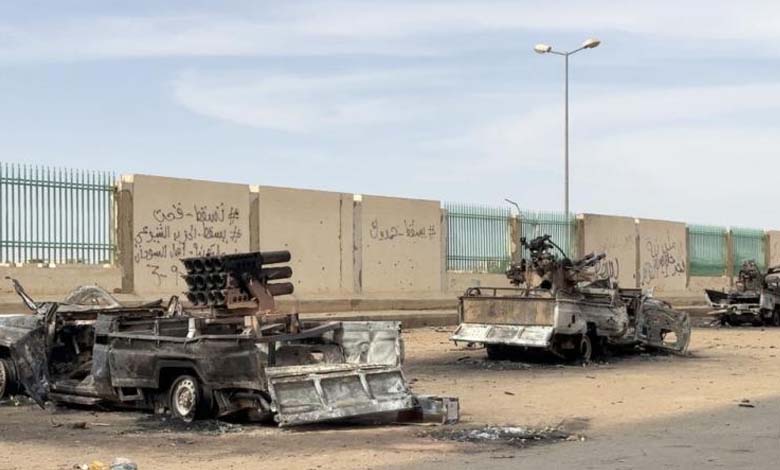
The division of positions among civil and political forces regarding the ongoing conflict between the Sudanese army and the Rapid Support Forces is an extension of the political division concerning the framework agreement, which has not yet taken an ideological orientation between right and left, secular and conservative.
While most forces have called for de-escalation and a ceasefire to avoid a civil war among Sudanese, some currents and political parties have remained silent as a sign of their dissatisfaction with the current state of affairs in the country under military rule.
Positions of political forces
The Central Committee and the Democratic Forces of Freedom and Change have called for de-escalation, immediate cessation of hostilities, and a return to the negotiating table, being the main forces upon which the army and the Rapid Support Forces rely.
The Central Committee has consistently opposed the extension of the framework agreement, basing its position on its understanding with the army, while the democratic bloc has been among the most critical of this agreement.
Conversely, the Democratic Alliance for Social Justice has clearly stated that the crisis stems from the lack of consensus on the framework agreement, which does not represent the interests of the political forces in the country, according to the Alliance.
The State of Law Party, affiliated with the Islamist movement, has stated, through its leader Mohammed Ali al-Jazouli, its support for the army and the armed forces against the Rapid Support Forces.
This last position is shared by the Future Movement for Reform and Development, which declared in a statement by its Secretary-General Hisham Osman its alignment with the people and the army against the military rebellion.
Rejection of struggle and war
For its part, the Alliance of Radical Change Forces, which includes the Communist Party, the Sudanese Professional Dissident Group, the Families of Martyrs, and the Gezira Farmers Union, has expressed its rejection of the struggle, calling for an end to the war, which serves international and regional agendas and axes.
The “Coordination Committees of the Resistance” have also called for an end to the war, condemning the resort to violence, describing both the army leader and the Rapid Support Forces as “enemies of the revolution,” as stated in their statement.
These positions all reflect a division in Sudanese political society and a divergence of views on the country’s future and the form of future alliances, which may even encompass the political and civil formations themselves.
Post-al-Bashir Era
Sudan is engulfed in destruction, fire, and smoke. After the belligerents decided to turn its squares and streets into a battlefield for power, abandoning the dream of democracy promised after the fall of the al-Bashir regime in 2019.
The Sudanese revolution at that time was nothing but an authentic expression of people’s desire for freedom and liberation from the grip of corruption that has drained the country and plunged it into a vicious circle of poverty despite its wealth.
According to figures released by United Nations agencies, Sudanese people have organized into political and civil movements, formed political parties, and crafted programs reflecting their political aspirations, preparing to participate in building their new system.
Just as democracy is a contest of ideas and ideologies where what is permissible in democratic experiments throughout the ages happens, with alignments, alliances, and even splits, the contours of Sudanese political society have begun to crystallize with a political map reflecting the interests and visions of different social and economic sectors. However, this landscape was full of internal explosive factors, according to observers of the Sudanese situation.
With the participation of the army leadership and the Rapid Support Forces in forming the first Sovereignty Council and leading the transition phase, their presence at the heart of political decision-making has been a source of concern, division, and division, according to Sudanese civilian forces.
And since the military considered themselves primarily responsible for the fall of al-Bashir, it was difficult for civilians to exclude them from managing the conflict and transitioning to civilian rule, with the head of the Transitional Council becoming both the army chief and the Rapid Support Forces deputy.
Due to the dual nature of the military component, Sudanese forces find themselves facing two competing military poles for the form of government and who will have the final say on Sudan’s future.
Silencing Civil Voices
An alliance of political parties, professional unions, and civil organizations managed to form the Declaration of Freedom and Change Forces, compelling the military component to participate in post-al-Bashir negotiations and securing a voice and a seat for itself at the Transitional Council table.
Some political and civil currents agreed to navigate between these two poles, while the army and the Rapid Support Forces hid behind the civilian components that support them, with political and union currents refusing military domination and clinging to the democratic principles embraced by Sudanese after the revolution.
The non-homogeneity of the military component played a role in the disagreement between civil forces. Now that these two poles are engaged in open conflict, civil voices have been silenced, and the political game has disappeared.
Sudan and its transitional experience towards democracy have been suspended, if not completely compromised, according to political currents that participated in al-Bashir‘s fall and now face the danger of being overthrown themselves.
“Transitioning from a Revolutionary State to a Governance State”
In this context, the spokesperson for the Declaration of Freedom and Change Forces, Amar Hamouda, considers that the current government has betrayed the forces of freedom and change that brought a political project and peaceful means “to undo this coup and return to the framework agreement.”
He believes that the framework agreement “would have led to a civilian government and a new political consensus,” but he asserts that “the enemies of this transition are those who claim that the forces of freedom and change threatened war and want to rule by force,” according to him.
He points out that many Sudanese factions within the forces of freedom and change have stated that they will work diligently during the upcoming transitional period to organize elections because they “want to transition from a state of revolution to a stable state of governance.”
Regarding the position on the conflict between the army and the Rapid Support Forces, Hamouda points out that the forces of freedom and change had previously warned against slipping into this conflict, emphasizing that both parties to the conflict are responsible for its consequences and its impact on civilians.
While Hamouda refuses to place the forces of freedom and change alongside any of the belligerents in Sudan, he affirms that “the Sudanese Armed Forces must integrate all armies and everyone carrying arms to form a unified and national professional army,” according to him. He concludes that the ongoing battles between the army and the Rapid Support Forces are “futile” and that neither side will emerge victorious.


